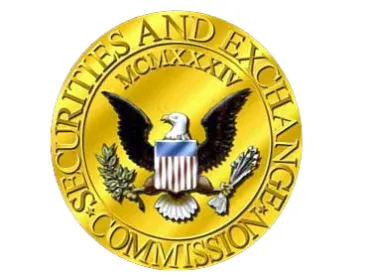The SEC’s pay-to-play rule has given advisers reason to worry about potential foot faults since its adoption. As we have noted in prior posts, the rule is filled with landmines and is therefore difficult to navigate. As was evident from the SEC’s announcement of a series of settlements of alleged pay-to-play violations in early 2017, even a small contribution without any intent to influence an election or an official can run afoul of the rule and put two years of fees and carry at risk.
Last week, the SEC issued an order that will expand the scope of the pay-to-play rule. The SEC approved a FINRA proposal to extend the self-regulatory organization’s Rules 2030 and 4580 (its pay-to-play and associated recordkeeping rules) to a recently established category of FINRA-registered firms known as capital acquisition brokers, or CABs.
CABs are firms that focus on a more limited set of activities than full-service broker-dealers. Generally, an entity qualifies as a CAB if it engages solely in specific capital raising or corporate advisory activities, including corporate restructurings and acting as a private fund placement agent. However, CABs are prohibited from maintaining customer funds and cannot trade customer securities. Firms that carry customer accounts, produce research or chaperone non-U.S. broker-dealers under Rule 15a-6 of the Exchange Act cannot register as CABs.
The SEC order subjects CABs to the pay-to-play restrictions and recordkeeping requirements already applicable to full-service broker-dealers under FINRA CAB Rules 203 and 458. The pay-to-play rule that applies to CABs is substantially similar to the pay-to-play rule that applies to investment advisers, with minor distinctions.
As a refresher, the SEC’s pay-to-play rule generally prohibits an adviser from providing compensated advisory services to state government or retirement plan investors for two years following an impermissible contribution – in other words, no fees or carry during the two-year “time out” period. The rule is triggered if the adviser or one of its “covered associates” makes a “contribution” to an “official” of a “government entity” unless the “contribution” falls within one of the narrow exceptions to the rule. An adviser could also be subject to penalties if the adviser or one of its “covered associates” coordinates or solicits a “contribution” to an “official” or “payment” to a state or local political party. The use of “quotations” here is intentional – each is a defined term within the rule that requires independent analysis by the adviser.
While the expansion of the FINRA pay-to-play rule is somewhat narrow, it serves as a useful reminder to private fund advisers to review their compliance policies, confirm that applicable recordkeeping requirements are being met, and double-down on ensuring that personnel are well-trained on the potential implications of their political activities. With the proper procedures in place, the potential for financial and reputational harm resulting from a violation of the pay-to-play rule can be minimized.
As we have said before, a well thought out, robust, and vigilantly enforced pay-to-play policy will pay for itself.






 />i
/>i

